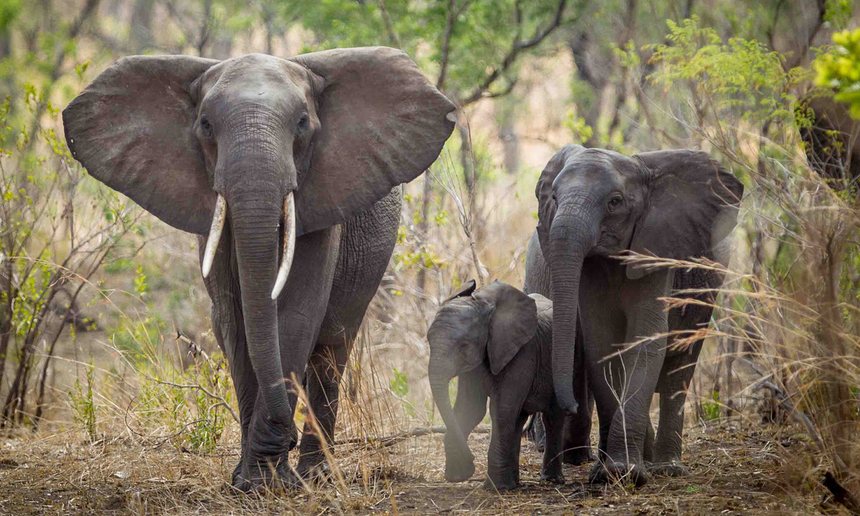The Ivory Trade Isn’t Just A Disaster For Elephants. It Threatens Our Future Too

Today is World Elephant Day, when people with a passion for pachyderms come together to celebrate the wonder of elephants and raise funds to protect them. It seems paradoxical that the largest land animal, which has come to symbolise strength and sagacity, should be so vulnerable – but across Africa and Asia numbers are dwindling as human activities and expanding agriculture squeeze elephants into smaller and smaller patches of fragmented habitat. Even where habitat remains, the elephants themselves – despite legal protection – are hunted by criminal gangs for their front teeth, for their meat and for their babies (to be beaten into submission for a life of servitude in entertainment, temple ceremonies or tourist attractions). And on top of all this, elephants – like every other species – are suffering as climate change raises average temperatures,disrupts rainfall patterns and brings more drought and extreme weather events. Why should we care? A glance through the literature of organisations dedicated to saving elephants gives a clear idea of why people care about elephants. We find their size impressive; their improbable shape and sometimes comical behaviour endear them to children; their matriarchal society and cognitive capacity fascinate us; their ability to suffer and show compassion strikes an empathic chord in us; and they are high on the list of “must-see” animals on wildlife-watching holidays in Africa and Asia, so they bring in tourist revenues. All these reasons are perfectly valid, if largely anthropocentric, but they do rather miss the point of what elephants are for, ecologically speaking. The role they evolved to play in the forest-savannah mosaic that covered Africa and Asia is not just of academic interest.
Read More: https://www.theguardian.com/commentisfree/2016/aug/12/ivory-trade-elephants-future-forest-poachers

